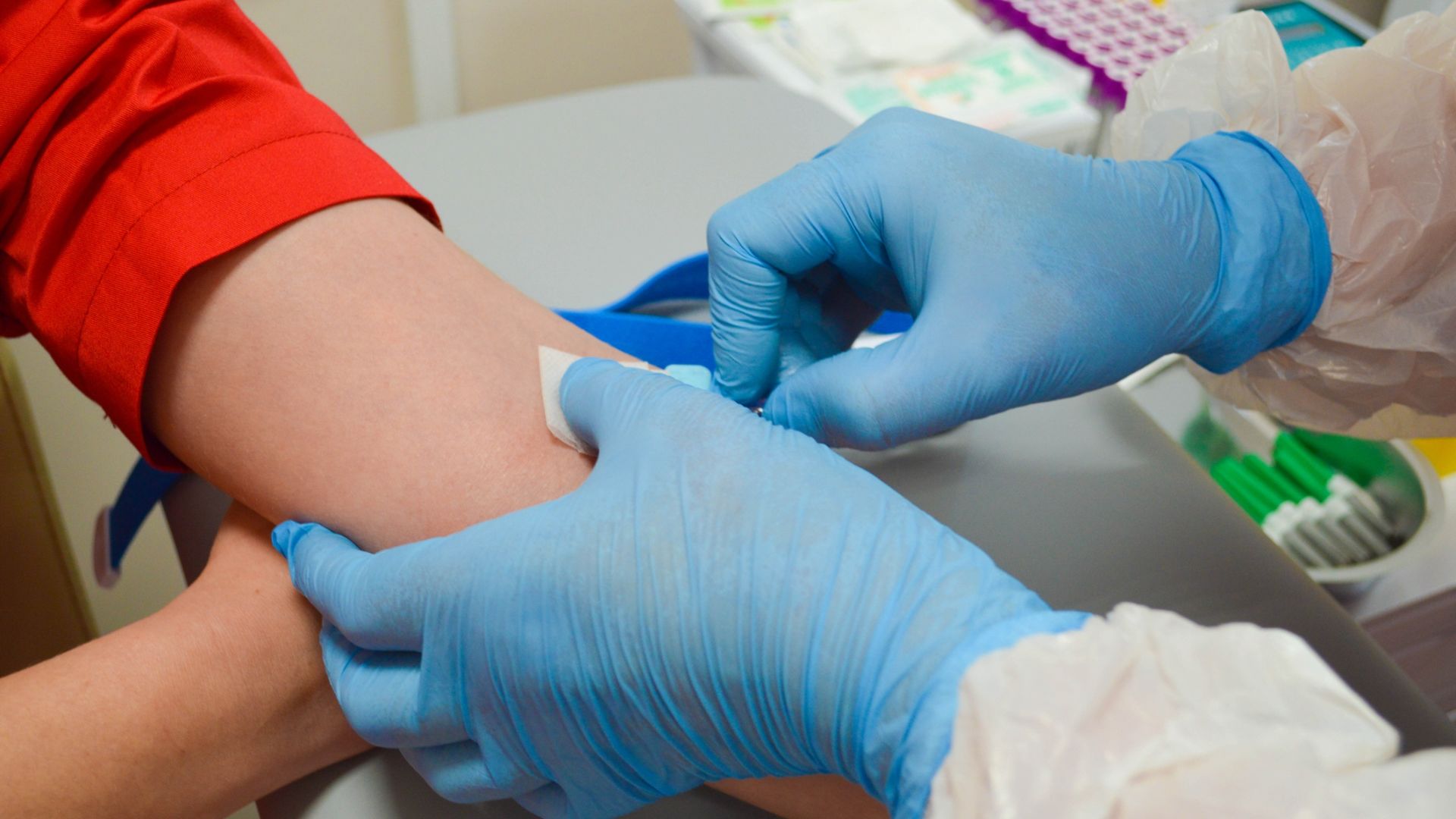Also called HAE, hereditary angioedema is a genetic disorder that causes episodes of severe swelling. These episodes commonly involve swelling of the hands, feet, face, genitals, the intestinal wall, and the airways.
The majority of HAE attacks are unpredictable—they do not follow a pattern and, most of the time, are not preceded by an identifiable trigger. HAE episodes vary from person to person, and from episode to episode.
There is no cure for HAE and preventing episodes is a key focus of treatment. Preventive therapies—medications that prevent attacks and lessen the severity of symptoms—are something that anyone with HAE should discuss with a healthcare provider.
In addition to preventive medications, it is also important to avoid triggers—things that can cause an HAE attack.
One known trigger is stress. Stress is defined as a factor that causes tension in the mind or body. Stress can be physical, or it can be caused by mental and emotional factors. Both physical and mental/emotional stress can trigger an HAE attack.
Physical stress
Events that put the body under physical stress can trigger an HAE episode. This includes physical exertion, injuries, and infections.
Physical exertion can be the result of vigorous exercise like heavy weightlifting, or a chore like shoveling snow.
Patients have also reported swelling in the hands and feet following activities like prolonged writing, typing, and standing.
Infections and illnesses have also been reported as HAE episode triggers, and the World Allergy Organization (WAO) recommends receiving an annual influenza vaccine, commonly known as a flu shot, as part of a management plan for HAE.
Trauma and injuries—for example, pinching your fingers in a door or cutting a finger while chopping vegetables—have also been documented to trigger HAE episodes.
Medical procedures that cause trauma, such as dental work or surgery, can also be triggers. People with HAE are typically prescribed a preventive therapy before medical procedures like dental work and surgery.
Mental and emotional stress
Mental and emotional stress can also act as catalysts HAE episodes. In one study, published by Orphanet Journal of Rare Diseases, mental stress was named as the leading cause of HAE attacks that affected the abdomen.
There are many causes of mental and emotional stress. Work. Relationships. Family. Finances. School. Both good and bad events can be a source of mental stress. Losing a job is stressful, but so is starting a new job or getting a promotion. A breakup can be stressful, but so can planning a wedding.
HAE is also a condition that can cause significant amounts of stress in a person’s life—the unpredictable nature of the condition, as well as the temporary debilitating nature of attacks, can make a person feel like they do not have control over their life.
Reducing stress
There are a number of steps you can take to reduce and manage stress, whatever the cause. These include:
- Finding support from others. Having a friend or loved one to talk to about what you are experiencing can help you manage stress. You can also try finding a support group for people with HAE.
- Practicing self-care. Eating well, staying physically active, maintaining a routine, and making time for activities that are important to you are all things that can help you feel less stressed and more in control.
- Practicing mindfulness. Activities like yoga and meditation have been shown to help manage stress.
Working with a healthcare provider should be the priority for anyone managing HAE. Keep regular appointments with a healthcare provider experienced in treating HAE to discuss symptoms, episodes, treatment, stress, preparing for emergencies, and anything else related to managing the condition.






